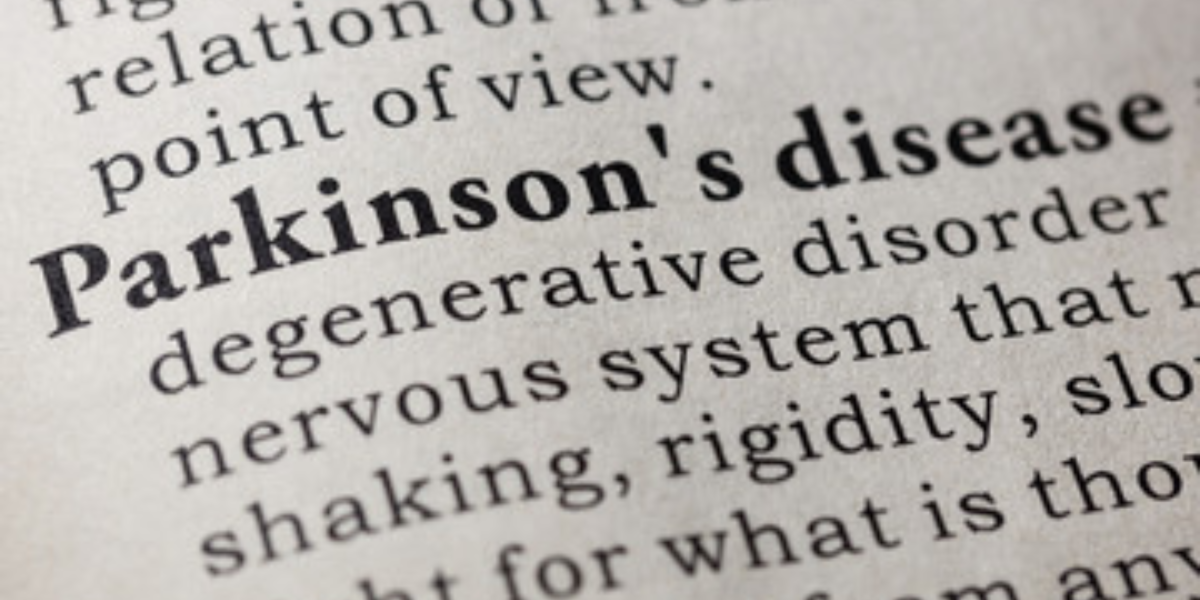Today, April 11, is World Parkinson’s Day, and as the global movement calls for more conversations about Parkinson’s, advocacy group Parkinson’s Australia is calling for the Federal Government to invest in education about the early warning signs.
Parkinson’s is a progressive, degenerative condition of the central nervous system. There are currently more than 200,000 people living with the incurable disease in Australia, with men twice as likely to get the disorder. Common Parkinson’s symptoms include shaking and tremor, rigid and stiff muscles, slowness of movement and a frozen facial expression, but with more than 50 symptoms, Parkinson’s is complex, misunderstood, and in some cases misdiagnosed.
Parkinson’s Australia is calling for a $2.5 million investment by the Federal Government to fund a campaign to GPs with messaging on the early warning signs of Parkinson’s and a national public awareness campaign about the motor and non-motor symptoms experienced by people living with Parkinson’s.
Last month Parkinson’s Australia held a series of meetings with key Federal Government representatives to reinforce this message. Jeff Smart, diagnosed at 50 in the prime of his working life, told politicians about his story of finding it difficult to get a diagnosis and the anxiety that caused him.
“After finally getting a diagnosis, I was able to introduce things into my daily routine that helps manage my Parkinson’s.”
“I am fitter and exercise more now, I look after what I eat making sure I have a lot of green vegetables and the fact that I’m aware of non-motor symptoms such as anxiety, means I am better equipped to manage it.”, he said.
Like Jeff, early diagnosis and early intervention leads to better management of the condition – for the individual, their families and loved ones. It also has a positive impact on our economy and health system.
Symptom management from a team of allied health professionals and access to support can help to slow the progression of Parkinson’s and improve overall quality of life. This reduces falls risks and presentations to emergency departments, allows people to live independently at home, remain in the workforce and live well with the condition.
Prof. George Mellick, Parkinson’s Australia President, said there is an urgent need for endorsed, consistent and up-to-date information and education for GPs and Allied Health Professionals.
“The $2.5m is a modest ask from Parkinson’s Australia to the Federal Government in this budget to achieve an outcome that will have a positive impact for people living with Parkinson’s and their families.”
Like what you’re reading? Support New England Times by making a small contribution today and help us keep delivering local news paywall-free. Support now


